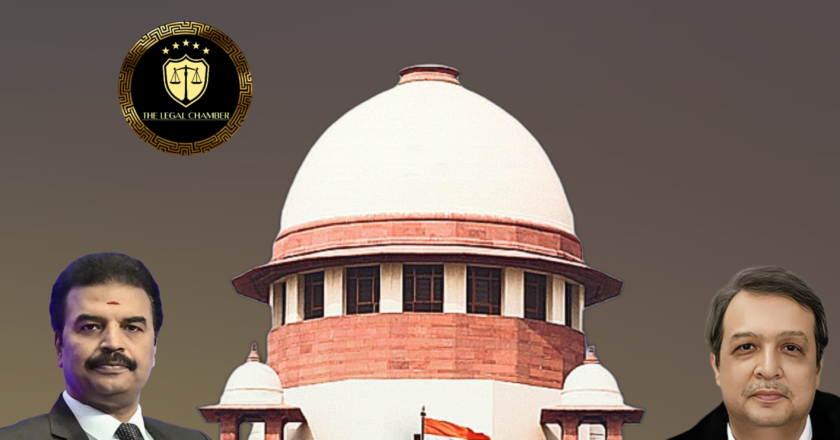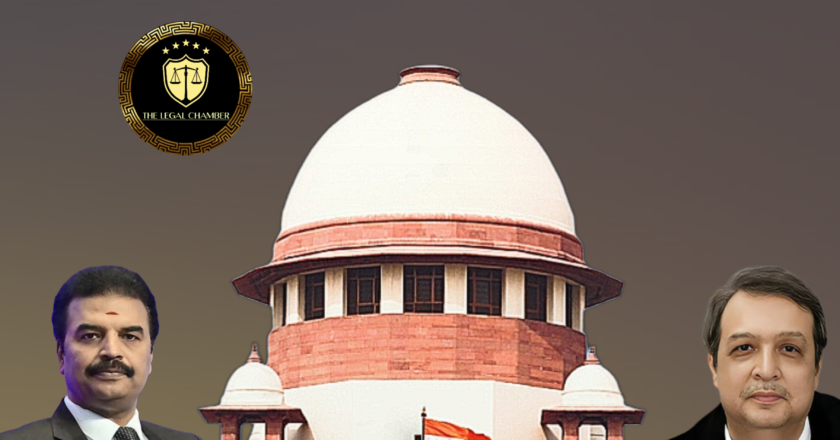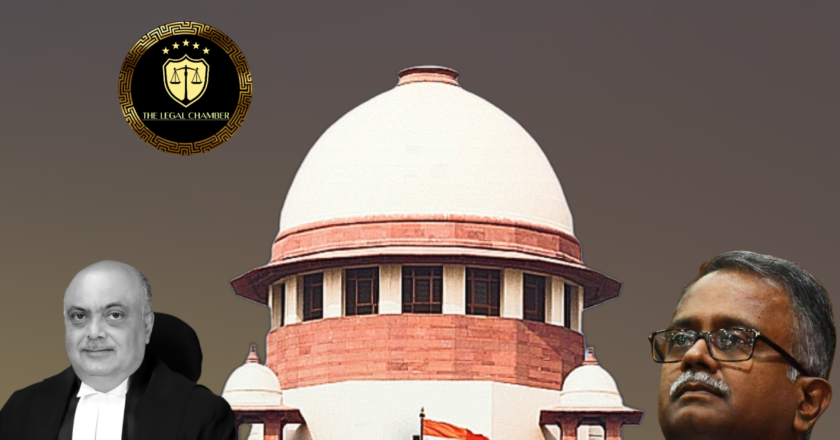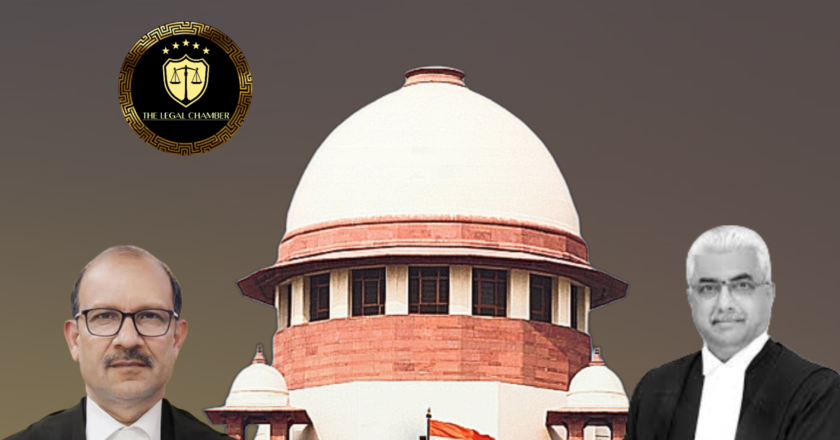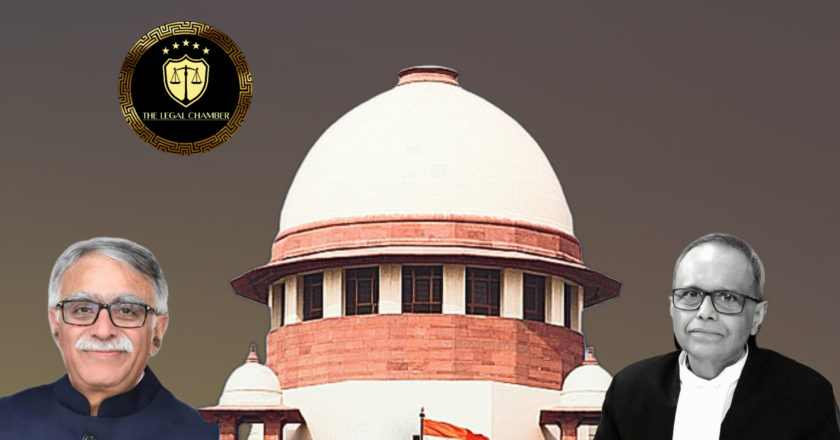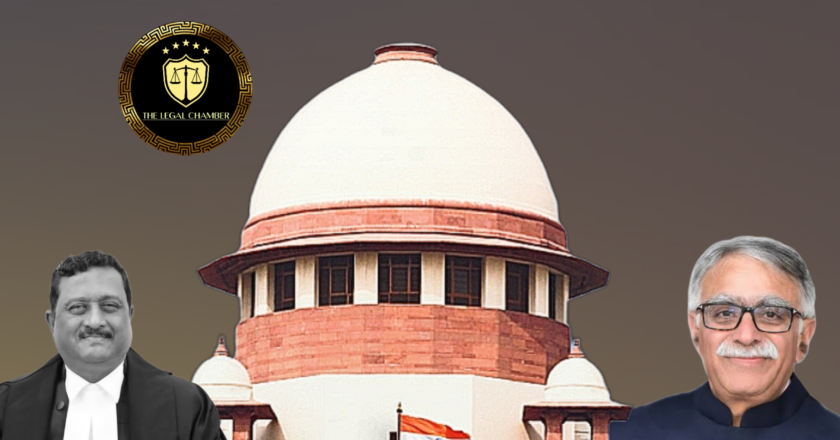Supreme Court Slams Differential Pay, Upholds Fair Value for Fruit Trees on Acquired Land
The Supreme Court ruled that similarly situated landowners must receive equal compensation in land acquisition cases. It held that a prior judicial decision awarding a higher multiplier for identical orange trees constituted a "special circumstance," justifying the restoration of a 15x multiplier over a reduced 10x multiplier to prevent discriminatory treatment.
Facts Of The Case:
The case involved the appellants, landowners from village Khanapur in Akola district, whose land was acquired by the Vidarbha Irrigation Development Corporation pursuant to a notification issued under the Land Acquisition Act, 1894 in August 1995. Possession was taken in April 1996. Dissatisfied with the compensation, the landowners sought a reference to a civil court. In its 2011 award, the reference court gra...



